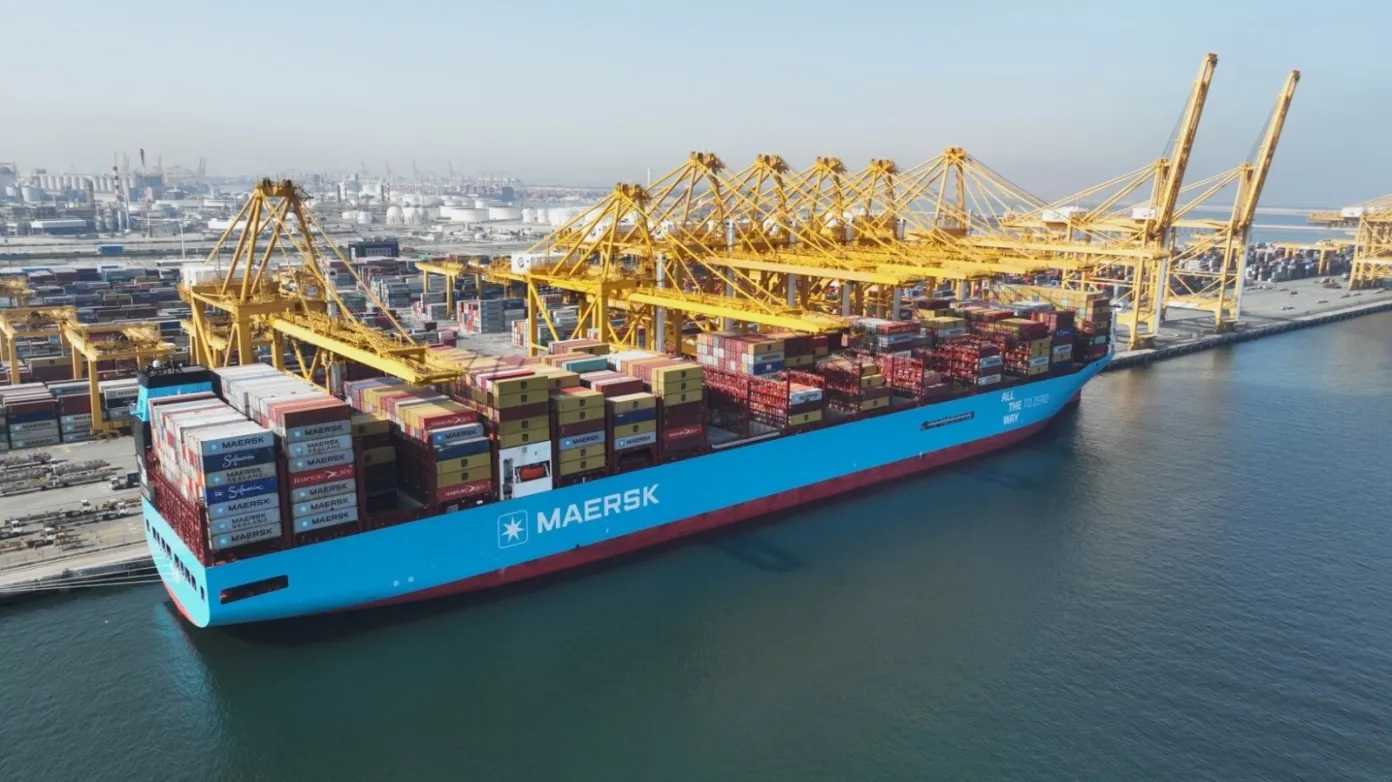Finland’s ESL Shipping has become the first company in the general cargo segment to have its near and long-term emission reduction targets validated by the Science Based Targets initiative (SBTi).
The SBTi approval confirms that ESL’s targets are consistent with the latest climate science aimed at limiting global warming to 1.5°C under the Paris Agreement. The company has pledged to reduce its well-to-wake greenhouse gas emissions by 59.6% per ton-nautical mile by 2030, representing a 47.1% absolute reduction. Its longer-term goal is to reach net zero emissions by 2040, equivalent to a 97.8% reduction from 2023 levels.
In a decision that surpasses the typical scope of the GHG Protocol, ESL’s targets also include emissions from the use phase of transported fossil fuels. The company has committed to stop transporting fossil fuels such as coal by 2030 and to eliminate all emissions associated with the use of these cargoes from the same baseline year.
Mikki Koskinen, Managing Director of ESL Shipping said: ‘This milestone reflects our deep commitment to climate action and the transformation of maritime logistics. Through fleet renewal, operational efficiency, and the increased use of renewable fuels, we are not only reducing emissions but also setting a new standard for sustainable shipping. Our transition plan is ambitious, but we are determined to deliver on it.’
The company’s decarbonisation roadmap includes the introduction of a new generation of methanol-fuelled bulk carriers, known as the Green Handy series. Model testing has been completed at the SSPA facility in Gothenburg, confirming the vessels’ performance and efficiency. Steel cutting is scheduled for mid-2026, with the first vessel expected to be delivered in the third quarter of 2027.
ESL placed an order for four 17,000 dwt Handysize bulk carriers at China Merchants Jinling Shipyard (Nanjing) in October 2024. The 1A ice-class vessels are designed for fossil-free operation using green hydrogen-based e-methanol or biomethanol. Financing for the project includes a €70 million loan from Svenska Skeppshypotek and a €45 million loan from the Nordic Investment Bank, both secured earlier this year.
By combining fleet modernisation with renewable-fuel investments and an early exit from coal transport, ESL Shipping is positioning itself as a frontrunner in low-emission bulk logistics. Its strategy illustrates how regional operators can align commercial operations with global net-zero targets, providing a model for others navigating the industry’s decarbonisation challenge.





